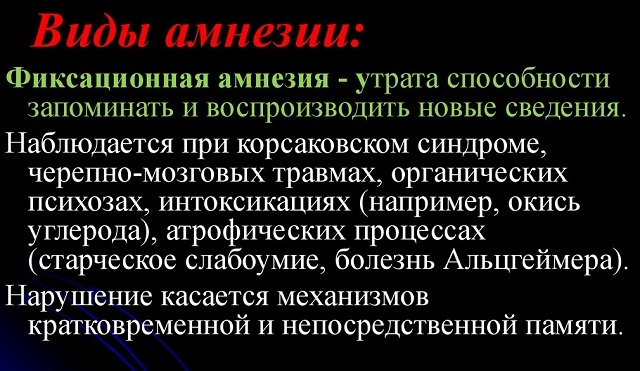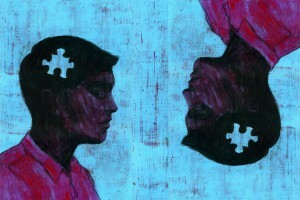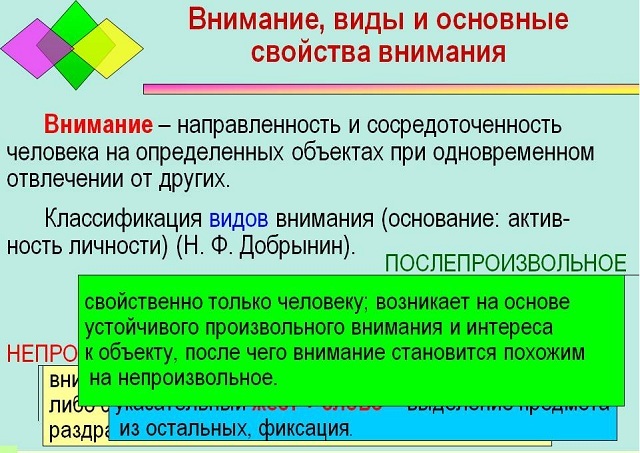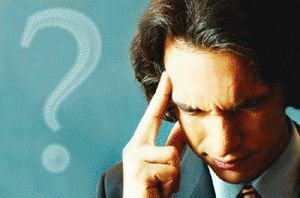 The amnestic syndrome is a breakdown of short-term memory and sense of time. This condition is a consequence of a lesion of the posterior hypothalamus and adjacent parts of the brain. The term "Korsakov's syndrome" in neurology appeared in the late 19th century.
The amnestic syndrome is a breakdown of short-term memory and sense of time. This condition is a consequence of a lesion of the posterior hypothalamus and adjacent parts of the brain. The term "Korsakov's syndrome" in neurology appeared in the late 19th century.
It was named in honor of the domestic scientist, psychiatrist and neuropathologist SS.Korsakov. He conducted numerous studies in this field and stated that the syndrome is expressed by memory disorder, confabulation and irritability.
In the scientific literature, one can also find the formulation of Wernicke-Korsakov Syndrome. The learned psychiatrist Wernicke was able to consider this disease from a different angle. He suggested that chronic Korsakian psychosis may be a consequence of an acute neurologic syndrome, which means that the list of manifestations is significantly expanding.
Acute neurologic defect of the hypothalamus promises confusion, memory impairment, disorientation, ophthalmoplegia. Before Wernicke and Korsakov more deeply studied this ailment, he was equated to dementia.
Symptoms are really similar, but the main difference identified by scientists - in the amnestic syndrome, the patient, in contrast to dementia, does not experience a decrease in mental capacity.
Causes of the onset and progress of
Syndrome Only in the late 19th century did they study the disease in detail. Before this syndrome was considered solely as a consequence of 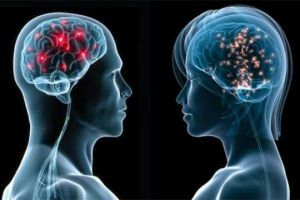 alcoholism, drug addiction and substance abuse. Later it became known that the cause of the disease can be and infectious or toxic damage to the brain.
alcoholism, drug addiction and substance abuse. Later it became known that the cause of the disease can be and infectious or toxic damage to the brain.
Uremia or pseudoencephalitis can also cause it to develop, but this happens very rarely, because with the diseases listed above, a high mortality rate and Korsakov's syndrome do not show up.
The scientist Korsakov tried to find out why alcoholism or other strong intoxication can trigger the development of amnesia.
Numerous studies have shown that this is due to the lack of thiamine. Towards the end of the research, a more comprehensive list of the causes of the onset was formulated:
- intoxication, resulting in a thiamine deficiency;
- gastric carcinoma, typhoid fever;
- postpartum sepsis;
- hemorrhagic stroke;
- bilateral hippocampal lesion;
- vascular disease;
- carbon monoxide poisoning;
- brain tumor.
In order to find out exactly which reason led to Korsakov's amnesia, a number of diagnostic procedures will be required. Timely appeal to a specialist neurologist will reduce the risk of complications.
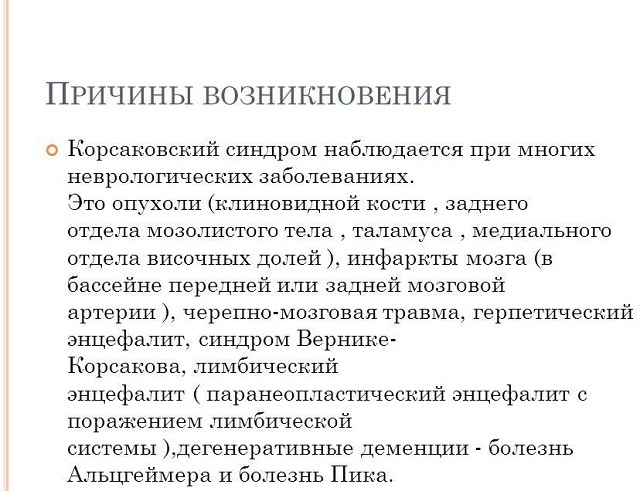
How does it look and manifest?
The beginning of the development of Korsakov's psychosis is accompanied by the following symptoms:
- tingling in the hands and fingers, temporary loss of sensitivity;
- poor concentration of attention;
- confusion, pre-syncope, dizziness;
- frequent panic attacks, insomnia or nightmares, increased excitability;
- outbreaks of aggression and irritability.
The onset of the disease can be accompanied by so-called white fever. It involves visual and auditory hallucinations, as well as amnesia.
The first "bell" of an already progressive ailment is the appearance of short-term memory abnormalities. Periodically, a person will experience a spatial disorientation. The sense of time will disappear more often and more often.
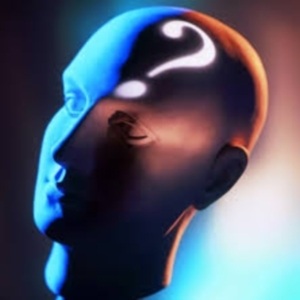 In severe cases, frustration and long-term memory begins. The patient ceases to recognize familiar people. Neurological disorder leads to panic attacks and anxiety. Mood and emotional background lose stability and are often outbreaks of anger. Physically, a person feels a breakdown and does not want to do any work. Often the patient denies having a problem, even if the symptomatology is obvious and undeniable.
In severe cases, frustration and long-term memory begins. The patient ceases to recognize familiar people. Neurological disorder leads to panic attacks and anxiety. Mood and emotional background lose stability and are often outbreaks of anger. Physically, a person feels a breakdown and does not want to do any work. Often the patient denies having a problem, even if the symptomatology is obvious and undeniable.
Korsakov's psychosis is another side of agitation, in which the psycho-emotional state of the patient is aggravated by outbursts of anger, panic and fuss. Also, this phenomenon is characterized by cofactures. This is a special state in which a person replaces in his memory the actual events that have happened to the fictitious events.
Symptoms of the disease, like a puff cake, overlap. A complete cure is possible, but only with timely access to a specialist. But patients usually do not notice the described symptomatology, and to the specialist they have to be taken literally by the hand.
Diagnostic methods and treatment of
Amnesiac syndrome is treated by neuropathologists and psychiatrists. These specialists will help to discover the cause of the onset of the disease and the stage of its development. On the basis of the collected anamnesis, it will be established how far the ailment has gone and what kind of forecast can be made for the agitated patient. Most often, hospitalization is required for a more detailed examination.
Diagnostic methods imply:
- neurological examination;
- biochemical blood test( allows to identify thiamine deficiency);
- consultation of a psychiatrist and an expert in narcology( the latter in the presence of alcohol or drug dependence);
- psychological tests for memory;
- MRI of the brain( for detection of the affected area of the hypothalamus and elimination of cancer).
The main thing for a specialist at the initial stage of treatment is to accurately identify the cause of the disease. After this, the doctor can correctly draw up  therapy and decide whether treatment is required in a hospital. In severe forms of the syndrome and frequent outbursts of rage, hospitalization in a psycho-neurological dispensary may be required. This is necessary if the patient is a danger to themselves and / or others.
therapy and decide whether treatment is required in a hospital. In severe forms of the syndrome and frequent outbursts of rage, hospitalization in a psycho-neurological dispensary may be required. This is necessary if the patient is a danger to themselves and / or others.
Drug therapy is made by several specialists: a neurologist, a narcologist and a psychiatrist. Most often, the disease manifests itself in patients with alcoholism. In this case, the paramount task for the doctor is to eliminate the intoxication of the patient's body.
A blood test will show if there is a shortage of thiamine( vitamin B1).According to statistics, more than 80% of cases of Korsakov's psychosis are caused by an acute shortage of this particular vitamin. In view of this, intramuscular injections of thiamine are prescribed. Filling shortages usually takes 2-3 courses( 14 days each, break - 1 month).
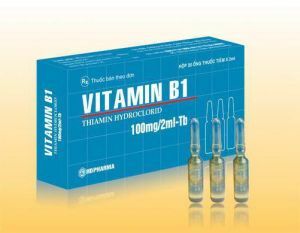 Metabolic processes in the affected area of the brain are severely impaired and slowed down, so a course of nootropic drugs is needed. In exceptional cases, patients with alcoholism are prescribed also powerful tranquilizers( phenazepam, phenibut).
Metabolic processes in the affected area of the brain are severely impaired and slowed down, so a course of nootropic drugs is needed. In exceptional cases, patients with alcoholism are prescribed also powerful tranquilizers( phenazepam, phenibut).
Treatment should be symptomatic and long-term. It is aimed at stopping the development of the disease, reducing the risks of complications. Do not do without a diet high in saturated fats and proteins. Carbohydrates in the diet should be a minimum. Alcohol, tobacco and narcotic substances should be excluded completely.
Patient may need to restore social adaptation. With this task the psychiatrist will be able to cope. Often, treatment takes place in the hospital, because the patient needs care, help and constant monitoring. Alcoholics with a long experience are prone to "failure".Only with timely assistance will a person be able to fully recover and return to normal life. The replenished stock of thiamine will allow the memory to gradually improve, as well as the general state.
There is a special technique for training memory and attention, which is now widely used by psychiatrists around the world in the fight against Korsakov's syndrome. It is relevant for all people suffering from this ailment. With the help of this method, it is possible to significantly improve the concentration of attention and increase the level of efficiency.
Whether the complete cure will follow depends on the cause of the disorder. If it is a question of prolonged alcoholism, then the prognosis is usually favorable, but in rare cases the disease can be caused, for example, by a cancerous tumor, and in this situation specialists will speak very cautiously about recovery. In the absence of proper therapy followed by a rapid decline in intelligence amnesia.
Preventive measures include balanced nutrition, control of thiamine levels in the blood and reasonable consumption of alcoholic beverages. Self-treatment is highly not recommended.

